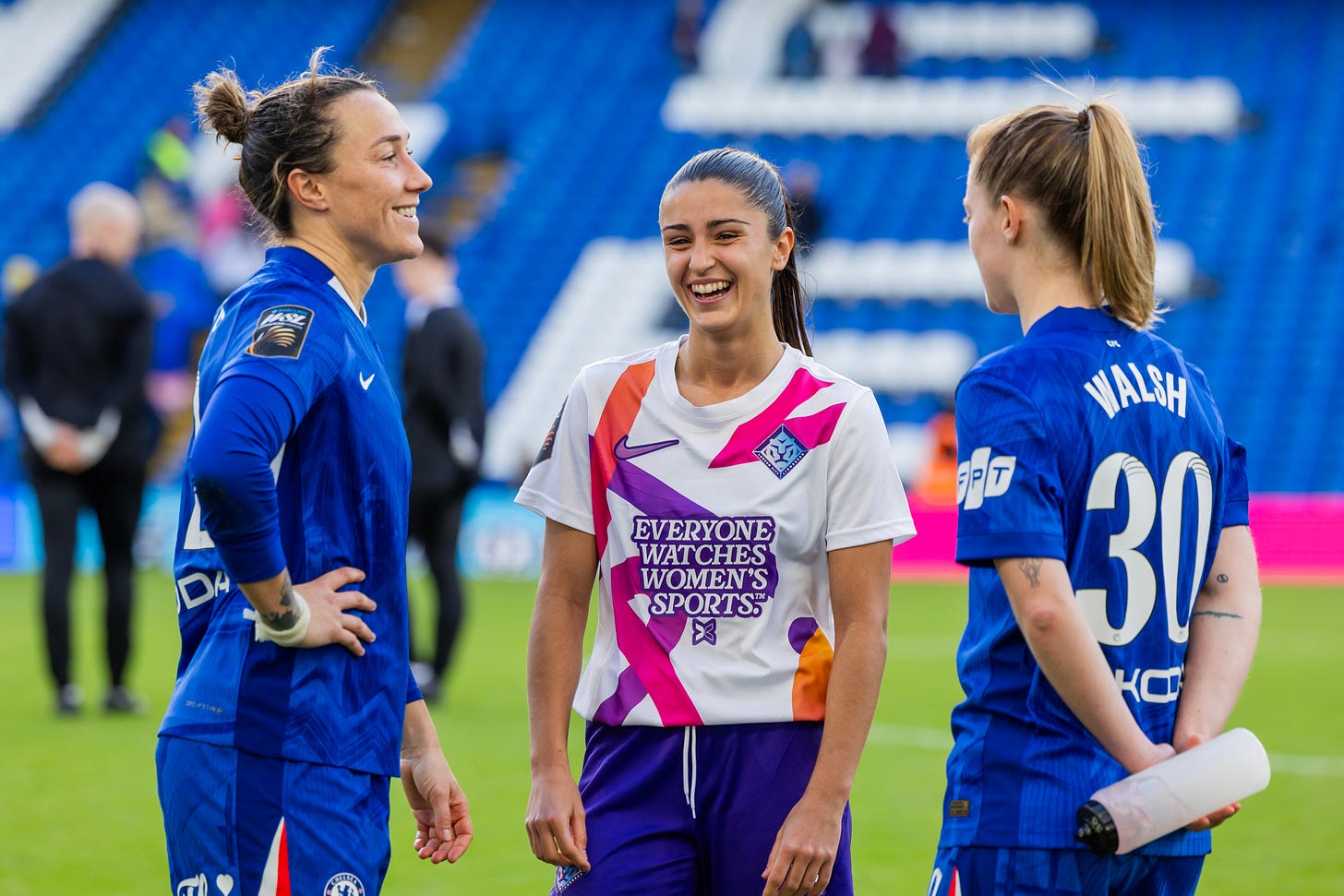Jana Fernández on bringing the 'essence of Barcelona' to London and ambitions of returning to the Champions League
The 23-year-old defender discusses adapting to the WSL, the contrasts between Spain and England and why London City Lionesses already feels like home
Three months after joining the Women’s Super League, 23-year-old Spanish international Jana Fernández has hit the ground running at London City Lionesses. She spoke to The Cutback about the difference in football culture between Spain and England, the unity within her new squad and ambitions for the future.
Fernández grew up in Martor…




